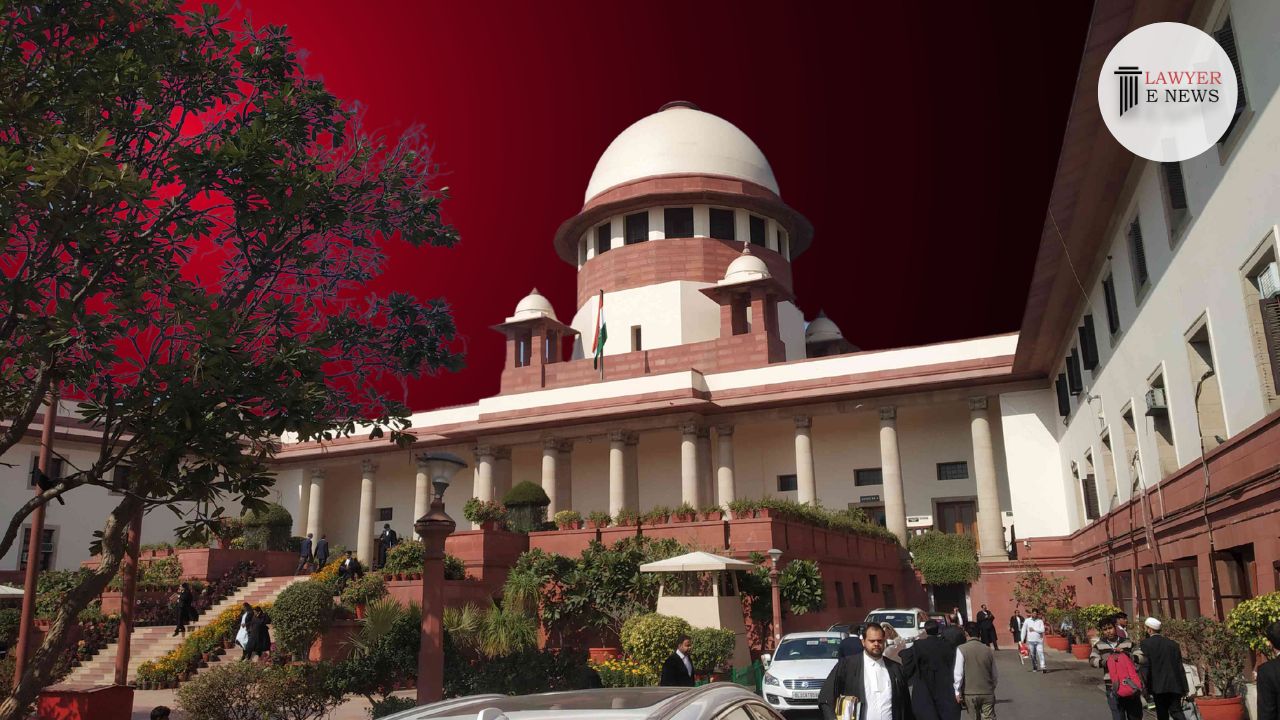-
by Admin
15 February 2026 5:01 PM



In a significant ruling, the Supreme Court of India has held that an insurance claim cannot be repudiated merely on the allegation of non-disclosure of previous insurance policies, emphasizing the need for substantial evidence to support such a claim. This judgment was delivered by Justices B.V. Nagarathna and Augustine George Masih on April 10, 2024.
The Supreme Court overturned the order of the National Consumer Disputes Redressal Commission (NCDRC), which had supported the repudiation of Mahakali Sujatha’s insurance claim by Future Generali India Life Insurance Company Limited. The issue centered on the alleged suppression of information regarding previous insurance policies by the deceased insured.
The appellant, Mahakali Sujatha, approached the apex court after the NCDRC upheld the insurance company’s decision to repudiate her claim based on alleged non-disclosure of pre-existing insurance policies held by her late father. The insurance company argued that this suppression of material fact justified their decision to repudiate the claim.
Ambiguity in Insurance Proposal Forms: The Court observed that the queries in the insurance proposal forms were ambiguous, making it unclear whether the insured was required to disclose previous policies. This led to the application of the contra proferentem rule, favoring the interpretation against the insurer.
Burden of Proof: The Supreme Court noted that the burden of proof lies on the insurer to demonstrate the allegations of non-disclosure. The Court found that the insurance company failed to provide adequate evidence to substantiate their claim of existing policies, merely providing a tabulation of information without corroboration.
Applicability of Section 45 of the Insurance Act: The Court determined that under Section 45, the insurer had not proven that the insured had fraudulently given false information regarding pre-existing policies.
Repudiation of Insurance Claim: The Court concluded that the repudiation was unjustified due to the lack of adequate evidence supporting the insurance company’s claim.
Decision: The Supreme Court directed the insurance company to pay the appellant the claimed amounts under both insurance policies with interest, citing the lack of evidence to support the company’s decision to repudiate the claim based on non-disclosure.
Date of Decision: April 10, 2024
Mahakali Sujatha vs. The Branch Manager, Future Generali India Life Insurance Company Limited & Another
